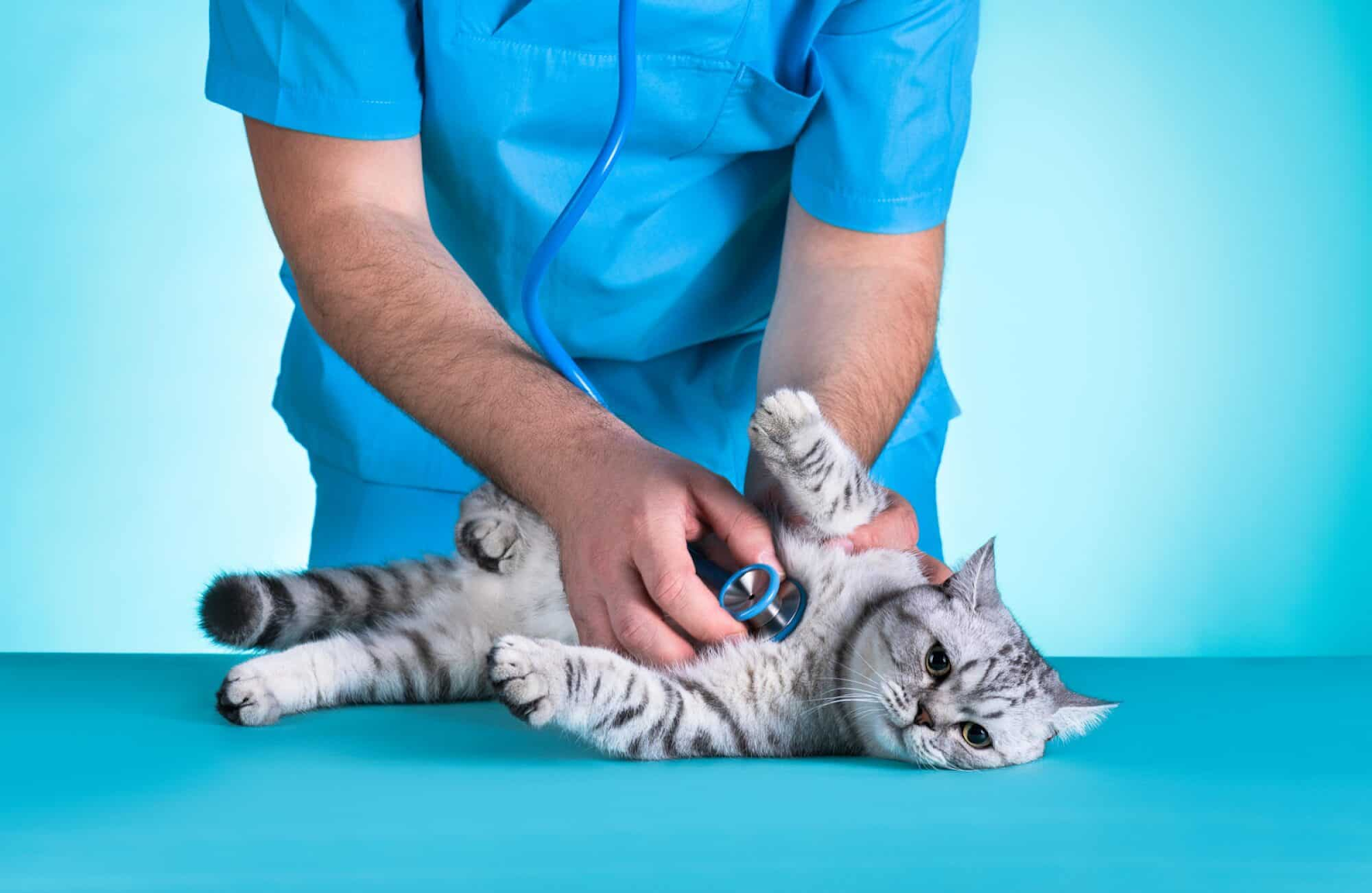Dehydration in Cats: Causes, Symptoms & Prevention
Dehydration in cats is a serious health concern that arises when your feline friend loses more fluids than they consume.
What Causes Dehydration in Cats?
Several factors can contribute to dehydration in cats, including:
-
Reduced Water Intake:
- Unattractive Water: Cats can be picky about their water.
Stale water, a dirty bowl, or an inconvenient location can discourage them from drinking enough. - Feline Preferences: Some cats prefer running water (like from a cat fountain) or a specific type of bowl.
- Underlying Illness: Dental problems, nausea, or other illnesses can make drinking painful or unappealing.
- Unattractive Water: Cats can be picky about their water.
-
Increased Fluid Loss:
- Vomiting and Diarrhea: These common conditions can rapidly deplete your cat's body of essential fluids and electrolytes.
- Excessive Panting: While less common in cats than dogs, panting due to heatstroke, stress, or certain medical conditions can lead to significant fluid loss.
- Health Issues: Conditions like diabetes, kidney disease, and hyperthyroidism can increase urination and fluid loss.
- Injuries: Burns, wounds, and other injuries can cause fluids to seep from the body.
- Vomiting and Diarrhea: These common conditions can rapidly deplete your cat's body of essential fluids and electrolytes.
-
Environmental Factors:
- Hot Weather: High temperatures increase fluid loss through panting and evaporation.
- Dry Air: Indoor heating during colder months can dry the air, contributing to dehydration.
- Hot Weather: High temperatures increase fluid loss through panting and evaporation.
Recognizing the Signs of Dehydration in Cats:
Early detection is key to preventing severe complications. Watch for these signs:
- Skin Tent: Gently pinch the skin on the back of your cat's neck. If it doesn't spring back quickly, your cat may be dehydrated.
- Sunken Eyes
- Lethargy and Weakness
- Loss of Appetite
- Dry Mouth and Gums
- Decreased Urination or Dark Urine
- Rapid Breathing
Preventing Dehydration in Your Cat:
Proactive measures can help keep your cat hydrated:
- Fresh, Clean Water: Change your cat's water frequently and clean the bowl regularly.
- Multiple Water Sources: Place bowls in different locations to encourage drinking.
- Cat Fountains: Many cats prefer the moving water from a fountain.
- Wet Food: Supplement your cat's water intake with wet food, which has high moisture content.
- Monitor Intake: Pay attention to how much your cat drinks and consult your vet if you notice changes.
- Temperature Control: Keep your cat cool in hot weather and provide a comfortable environment.
When to Seek Veterinary Help:
If you suspect your cat is dehydrated, contact your veterinarian immediately. Dehydration can be serious, but with prompt treatment, most cats make a full recovery.








No comments